Search
Search Results
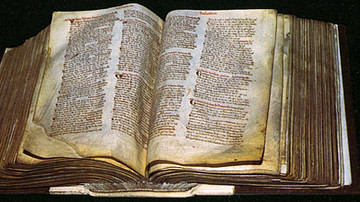
Definition
Domesday Book
Domesday Book was a comprehensive survey and record of all the landowners, property, tenants and serfs of medieval Norman England. It was compiled in 1086-7 under the orders of William the Conqueror (r. 1066-87). The record is unique in European...

Image
Great Domesday Book
Domesday Book is actually composed of two volumes, with here shown the larger of the two, the Great Domesday book. Compiled in 1086-7 CE by William the Conqueror as a survey of land and property ownership across Norman England. (National...
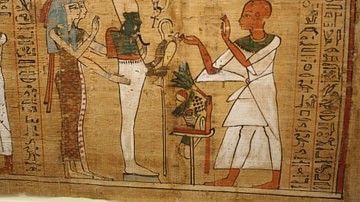
Definition
Egyptian Book of the Dead
The Egyptian Book of the Dead is a collection of spells which enable the soul of the deceased to navigate the afterlife. The famous title was given the work by western scholars; the actual title would translate as The Book of Coming Forth...
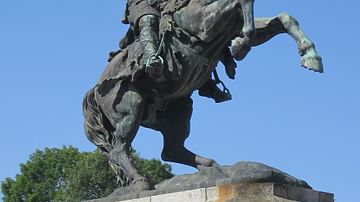
Definition
William the Conqueror
William the Conqueror (c. 1027-1087), also known as William, Duke of Normandy, led the Norman Conquest of England in 1066 when he defeated and killed his rival Harold Godwinson at the Battle of Hastings. Crowned King William I of England...
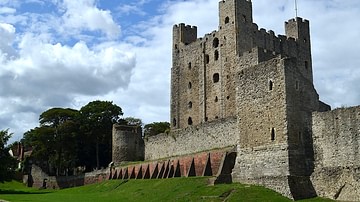
Definition
Feudalism
Feudalism was the system in 10th-13th century European medieval societies where a social hierarchy was established based on local administrative control and the distribution of land into units (fiefs). A landowner (lord) gave a fief, along...
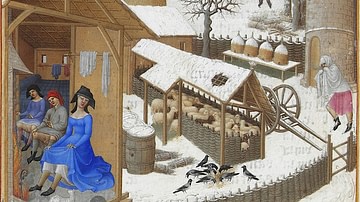
Definition
Serf
Medieval serfs (aka villeins) were unfree labourers who worked the land of a landowner (or tenant) in return for physical and legal protection and the right to work a separate piece of land for their own basic needs. Serfs made up 75% of...
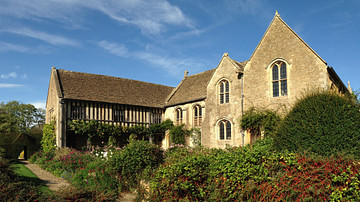
Definition
Manorialism
Medieval European Manorialism (Manorial System) was the system where rural society was arranged around a manor house or castle on an estate. The smallest units of these estates were called manors. Free and unfree labourers here worked the...
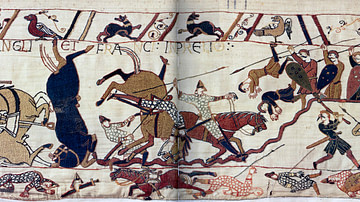
Definition
Norman Conquest of England
The Norman Conquest of England (1066-71) was led by William the Conqueror who defeated King Harold II at the Battle of Hastings in 1066. The Anglo-Saxon elite lost power as William redistributed land to his fellow Normans. Crowned William...
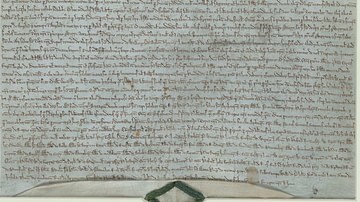
Definition
Magna Carta
The Magna Carta or 'Great Charter' was an agreement imposed on King John of England (r. 1199-1216) on 15 June 1215 by rebellious barons in order to limit his power and prevent arbitrary royal acts like land confiscation and unreasonable taxes...
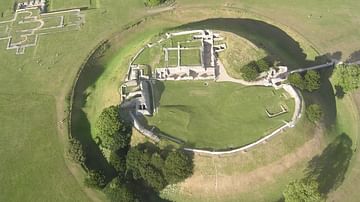
Article
The Impact of the Norman Conquest of England
The Norman conquest of England, led by William the Conqueror (r. 1066-1087 CE) was achieved over a five-year period from 1066 CE to 1071 CE. Hard-fought battles, castle building, land redistribution, and scorched earth tactics ensured that...